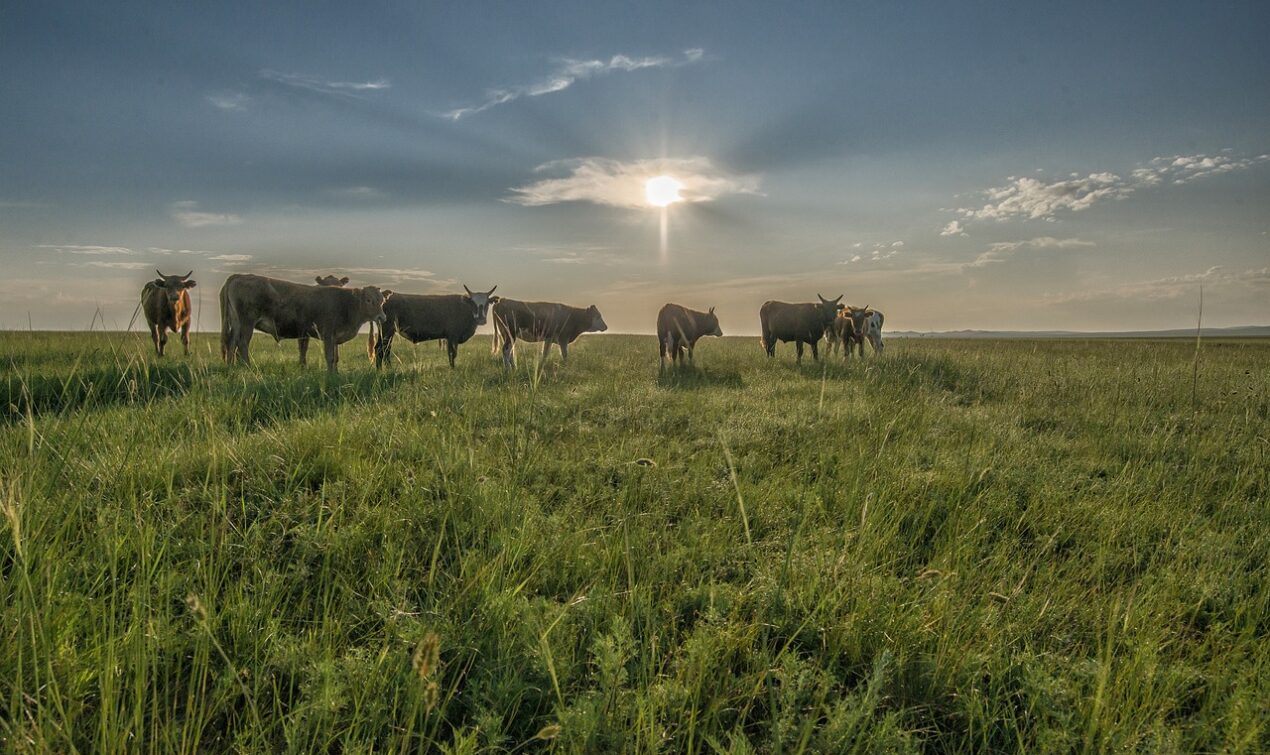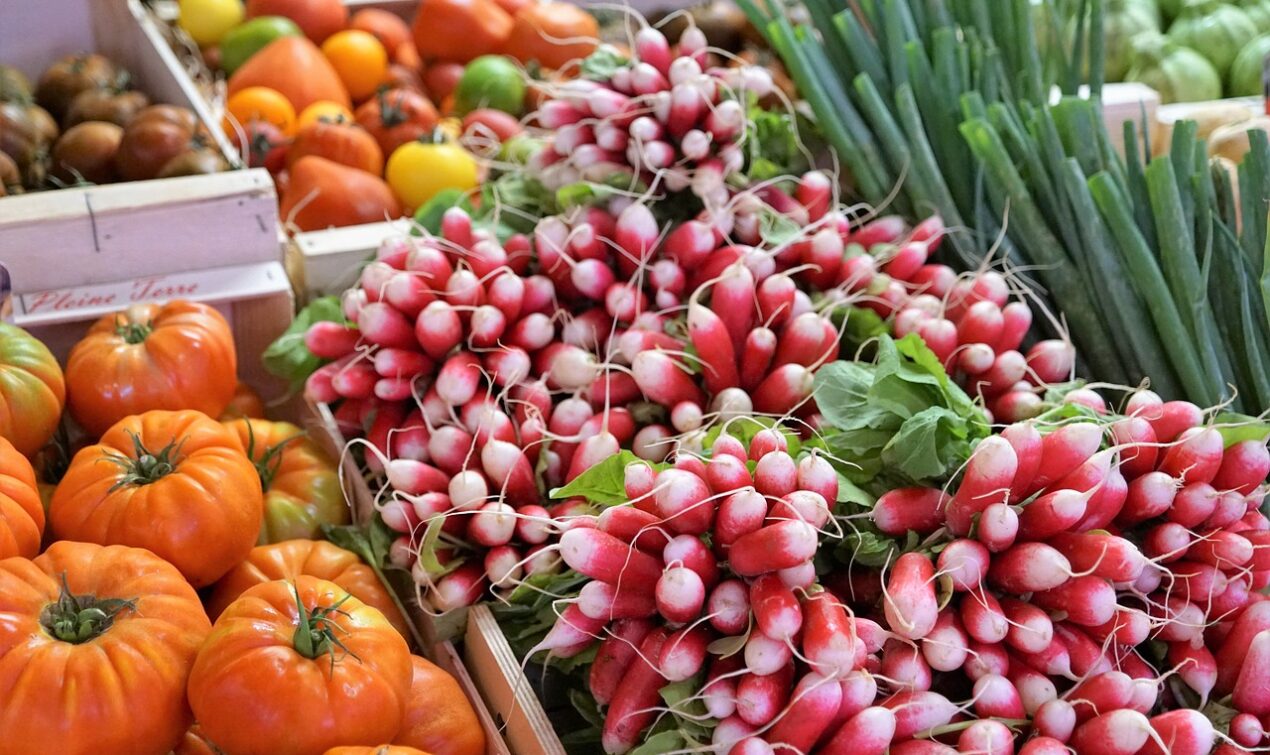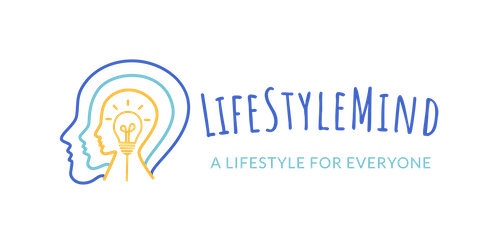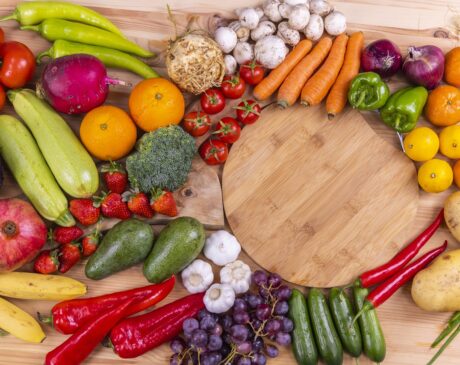Know all the vegan lifestyle benefits and risks

The choice to adopt a vegan lifestyle is rapidly gaining popularity worldwide, and for good reason. Being vegan goes beyond a dietary preference; it is a conscious decision to abstain from all forms of animal exploitation, encompassing food choices, clothing, cosmetics and more.
While the ethical considerations of veganism are evident, there are also numerous tangible benefits that come with this lifestyle.
From personal health improvements to environmental sustainability, let’s explore the many advantages and the risks of being vegan!
Vegan lifestyle: all the benefits
Improved health and nutrition
Embracing a well-planned vegan diet can provide a plethora of health benefits! Vegans tend to consume a higher intake of fruits, vegetables, whole grains, nuts and legumes, which are all rich in essential vitamins, minerals, and fiber.
A plant-based diet is naturally low in saturated fats and cholesterol, which can reduce the risk of heart disease, high blood pressure and certain types of cancer. Furthermore, vegans often have lower body mass indexes (BMIs) and reduced incidences of obesity, diabetes and other chronic diseases.
Environmental sustainability
The environmental impact of animal agriculture is a major concern today; animal farming is a leading contributor to deforestation, greenhouse gas emissions, water pollution and species extinction.
By choosing a vegan lifestyle, individuals can significantly reduce their carbon footprint and contribute to a more sustainable planet.
Plant-based diets require less land, water and energy compared to animal agriculture, making veganism an effective way to combat climate change and preserve natural resources.
Ethical considerations
Veganism is rooted in compassion and empathy towards animals. By adopting a vegan lifestyle, individuals refuse to support industries that exploit animals for food, clothing, experimentation or entertainment.
This choice aligns with the belief that animals have the right to live free from unnecessary harm and suffering; veganism allows individuals to embrace a more compassionate worldview, promoting kindness and respect for all living beings.
Enhanced food variety and culinary exploration
Contrary to popular belief, being vegan does not mean a limited or boring diet; veganism opens up a world of new and exciting food options.
From colorful salads, hearty grain bowls and vibrant fruit smoothies to plant-based alternatives for meats, cheeses and desserts, the variety of vegan cuisine is constantly expanding.
Exploring different flavors, ingredients and cooking techniques can be an enjoyable adventure, allowing individuals to discover a whole new world of taste sensations.
Positive impact on animal welfare
The demand for animal products fuels an industry that often perpetuates inhumane practices and cruel conditions for animals. By choosing to be vegan, individuals actively reduce the demand for animal products, which can eventually lead to positive changes in the treatment of animals.
Every vegan meal is a vote for compassion and a step towards a more humane society that respects the rights and welfare of animals.

Possible weight loss
Plant-based foods, such as fruits, vegetables, whole grains, legumes and nuts, tend to have lower calorie densities compared to animal-based products; these foods are often rich in fiber and water content, which can help increase satiety and reduce overall calorie intake.
By consuming more of these low-calorie-density foods, individuals can feel fuller while consuming fewer calories, making it easier to achieve a calorie deficit for weight loss.
In addition, while weight loss is often associated with reducing calorie intake, it is equally important to ensure proper nutrient intake for overall health.
A well-planned vegan diet can provide a wide array of essential vitamins, minerals, antioxidants and phytochemicals, promoting overall well-being.
By focusing on nutrient-dense plant foods, individuals can meet their nutritional needs while maintaining a lower calorie intake, which is conducive to weight loss.
Possible reduction in food costs
Animal-based proteins, such as meat, poultry and seafood, can be some of the most expensive items on a grocery list; by replacing these with plant-based protein sources like legumes (beans, lentils, chickpeas), tofu, tempeh and seitan, individuals can significantly reduce their protein expenses.
A vegan diet emphasizes whole, unprocessed foods such as fruits, vegetables, whole grains, nuts, and seeds; these items, especially when bought in bulk or in-season, tend to be more affordable than processed and packaged foods.
In addition, planning meals in advance and cooking in batches can help reduce food waste and save money; by preparing larger quantities of meals, individuals can have leftovers for future lunches or dinners, minimizing the need for frequent grocery shopping or eating out.
This approach not only saves money but also saves time in the kitchen.
Vegan lifestyle: exploring the risks
While there are numerous benefits associated with this ethical and environmentally conscious choice, it is important to address some of the potential risks that individuals may encounter when adopting a vegan lifestyle.
By understanding these risks and taking proactive measures, individuals can ensure a balanced and healthy vegan diet.
Nutritional deficiencies
One concern often raised about a vegan diet is the potential for nutritional deficiencies. Eliminating animal products can result in inadequate intake of certain nutrients like vitamin B12, iron, calcium, omega-3 fatty acids and zinc.
However, with proper planning and attention to diet, it is possible to meet all nutritional requirements through plant-based sources or supplements. Consulting with a registered dietitian can help identify potential deficiencies and develop a well-rounded meal plan that addresses individual needs.
Protein adequacy
Protein is an essential nutrient for various bodily functions and some worry that a vegan diet may not provide enough protein.
However, plant-based sources such as legumes, tofu, tempeh, seitan, quinoa and certain grains offer ample protein options.
By incorporating a variety of plant proteins into meals, individuals can easily meet their protein requirements.
It is important to note that protein needs can vary based on factors like age, activity level and overall health, so consulting with a healthcare professional can provide personalized guidance.
Limited food choices and social challenges
In certain social settings and geographic locations, finding vegan-friendly options can be challenging; this may result in limited food choices, making it more difficult to maintain a well-balanced diet.
However, as veganism continues to grow in popularity, more restaurants, supermarkets, and online resources are catering to the vegan community.
Additionally, being prepared with snacks or bringing homemade meals when necessary can help overcome such challenges and ensure proper nutrition in any situation.

Potential for overconsumption of processed foods
While a vegan diet encourages the consumption of whole, plant-based foods, there is a risk of relying heavily on processed and packaged vegan alternatives.
These alternatives, although convenient, may be high in added sugars, unhealthy fats and sodium; to mitigate this risk, individuals should prioritize whole foods and minimize the intake of processed vegan products. Cooking meals from scratch using fresh ingredients can help maintain a healthy and balanced vegan diet.
Emotional and mental health considerations
For some individuals, adopting a vegan lifestyle may introduce emotional and mental health challenges. The dietary restrictions, potential social isolation and ethical dilemmas associated with animal exploitation can create stress and emotional strain.
It is essential to prioritize self-care, seek support from like-minded communities and engage in open conversations with friends and family to address these concerns.
What’s the difference between vegan and vegetarian diet?
The main difference between vegan and vegetarian diets lies in the types of foods they include and exclude.
Vegetarian diet
A vegetarian diet typically excludes meat, poultry, and seafood; however, vegetarians may still consume animal-derived products such as eggs, dairy products (milk, cheese, yogurt), and honey. There are different types of vegetarian diets, as we saw in our article “Vegetarian Lifestyle: all the benefits”:
- Lacto-ovo vegetarians: they avoid meat, poultry, seafood but still consume dairy products and eggs.
- Lacto-vegetarians: they exclude meat, poultry, seafood and eggs, but include dairy products.
- Ovo-vegetarians: they exclude meat, poultry, seafood and dairy products, but consume eggs.
Vegan Diet
A vegan diet takes vegetarianism a step further by excluding all animal products. In addition to avoiding meat, poultry, seafood and eggs, vegans also eliminate dairy products, honey and any other ingredients derived from animals.
The primary motivations behind adopting vegetarian or vegan diets can vary; some individuals choose vegetarianism or veganism for ethical reasons, aiming to avoid harm to animals and reduce animal exploitation. Others opt for these diets for health benefits or environmental sustainability concerns.
We want to remind all our readers that both diets require attention to nutritional needs and individuals should consider consulting with a healthcare professional or registered dietitian to ensure they are meeting their specific dietary requirements.
In conclusion…
Embracing a vegan lifestyle offers a multitude of benefits for individuals, animals and the planet as a whole.
Not only does it promote better personal health and nutrition, but it also contributes to a more sustainable environment and mitigates the suffering of animals.
With the ever-expanding availability of plant-based options and the growing awareness of the ethical implications of animal exploitation, veganism is becoming a powerful movement for positive change.
By choosing to go vegan, individuals can make a meaningful difference in their own lives and the world around them.



